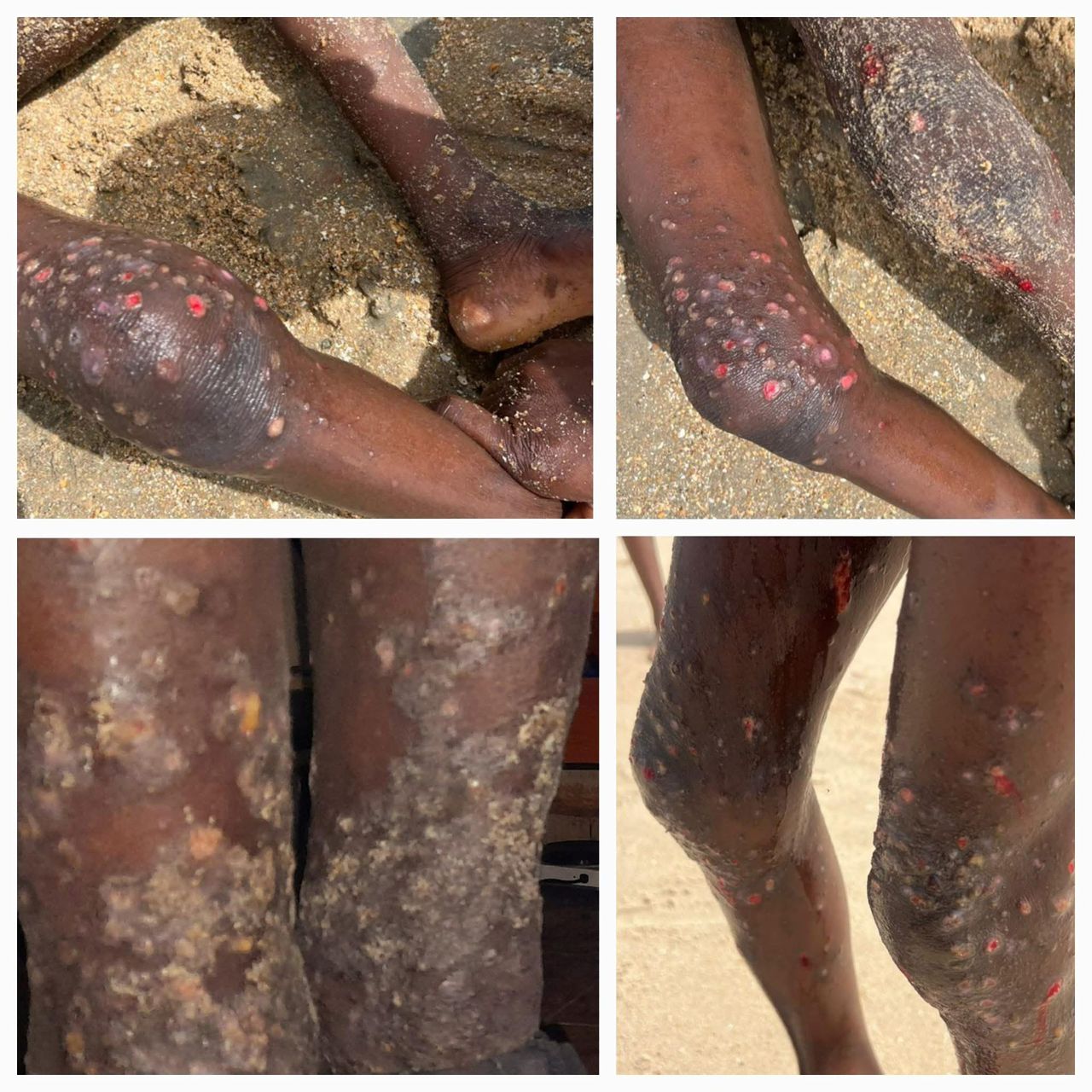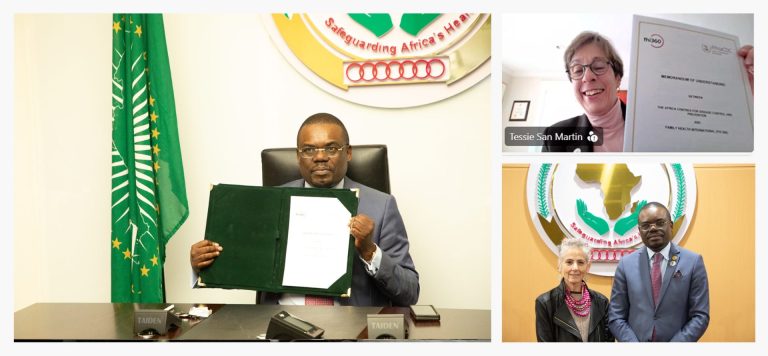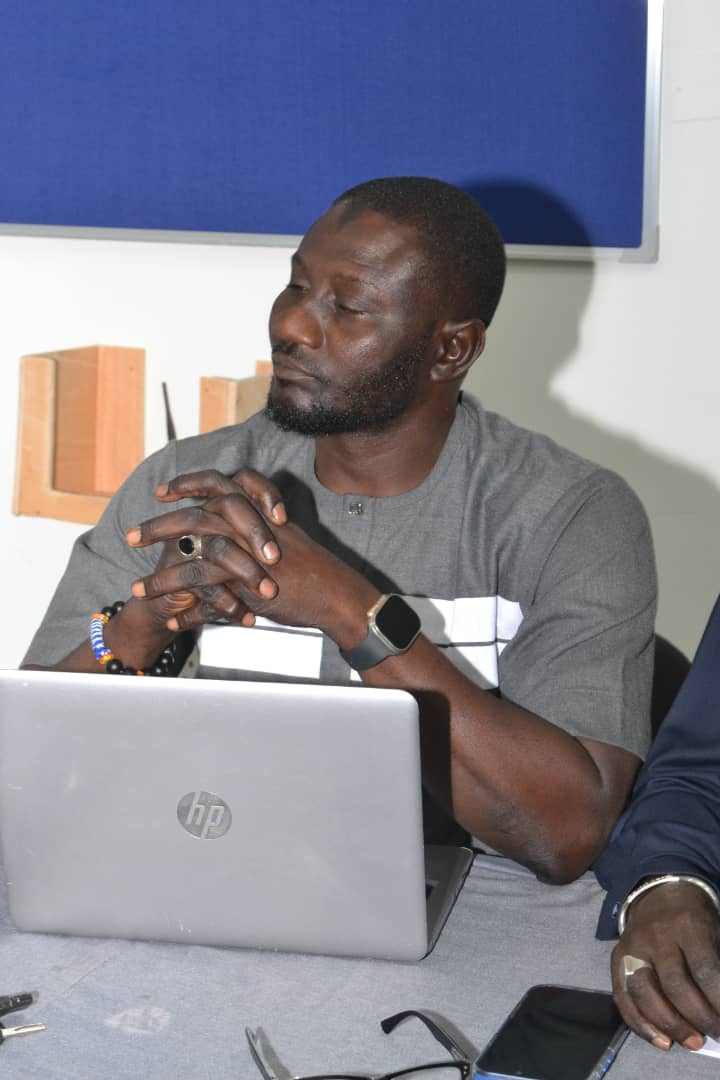By Awa S Jallow
The recent scabies outbreak at Daara Medina Suwanneh, a Quranic school in Brufut Heights, has brought the welfare of children into public spotlight.
On May 27th, the Ministry of Health confirmed that out of one hundred and one minors examined at the Daara, fifty-seven were found to be infected with the highly contagious skin disease.
“These children are facing serious health risks, worsened by a lack of adequate medical care at the time of the investigations. The Ministry is working hard to provide immediate treatment, improve hygiene conditions, and prevent further spread of the disease “. Said the Ministry of Health.
The Ministry’s announcement carried a somber undertone, suggesting that this outbreak was “symptomatic of the perennial dereliction of duty by public institutions” tasked with upholding the rights of all individuals in The Gambia, as enshrined in Section Seventeen of the constitution.
The absence of adequate monitoring and accountability from these institutions, the statement implied, had directly contributed to the plight of these children, leaving them vulnerable to the easily preventable condition.
This incident has reignited public concerns about the broader issue of child welfare, drawing parallels with previous failings.
The tragic loss of seventy children to acute kidney injury following the consumption of contaminated syrup and the alleged maltreatment and poor living conditions of children at Penny Appeal were cited as examples of systemic shortcomings where necessary interventions by public bodies appeared to be lacking.
The outbreak at Daara Medina Suwanneh now stands as another stark reminder of the potential consequences when oversight falters, leaving vulnerable children to suffer the effects of inadequate care and hygiene.
The focus now move to paradigm shifts in ensuring the affected children receive the necessary treatment, and to addressing the underlying systemic issues that may have contributed to this outbreak.






